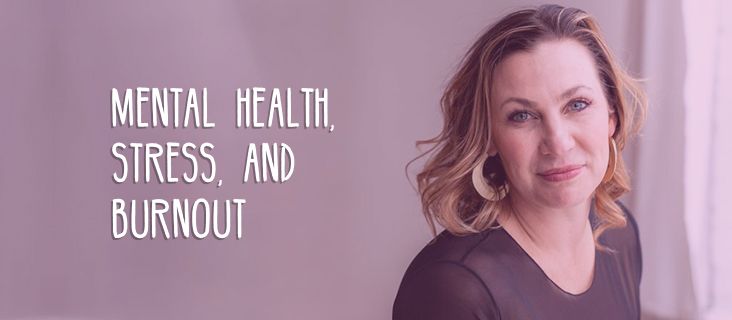
Mental Health, Stress, and Burnout – An interview with Dr. Sherry Walling
Many of us in the web space are small business owners. Maybe you’re a contractor, freelancer, or agency owner. Maybe you use WordPress to manage your website for a business in an entirely different space. The entrepreneurial lifestyle tends to get glamorized but, for many, it comes with a healthy dose of anxiety, self-doubt, and stress.
That in mind, I’m super excited to introduce my very good friend, Dr. Sherry Walling. Sherry has a Ph.D. in psychology, is a licensed clinical psychologist, and mother of three. Sherry and her husband are both serial entrepreneurs. They co-host an intimate and intellectually-saturated podcast, ZenFounder, and recently co-created The Entrepreneur’s Date Night Boot Camp, a video course to help entrepreneurs and their significant other stay connected and healthy during the ups and downs of running a business. Sherry also published a fantastic book called The Entrepreneur’s Guide to Keeping Your Sh*t Together: How to Run Your Business Without Letting it Run You.
To be political about it, Sherry was kind enough to take time from her busy schedule to answer a few questions about mental health. In reality, I used the leverage of our blog and readership to get a free therapy session from one of my favorite podcasters and inspirational people. Hope you enjoy this very personal conversation.
I imagine writing a book and then releasing and promoting a book are two completely different roles. How has that transition been for you? Do you prefer one or the other?
Writing a book is a very different process than promoting a book.
Writing was definitely easier for me. I have been an academic for many years. I went to seven years of graduate school, did a research-oriented postdoc, and spent several years working as an academic professor. So, I’ve written LOTs of papers and articles. I have experience with writing deadlines, writing collaboratively, mapping out ideas and transitioning them to paper. For this book, I had a great writing partner, time carved out in my schedule and support from Rob, my husband and co-author. We had an ambitious schedule of working on a chapter a week and then passing edits back and forth between us.
It has definitely been much harder to sell and promote the book. I have very little experience selling or promoting- anything, really. We did decide to self-publish the book because between my husband and I, we have relatively meaty email lists and a group of folks who are interested in the work that we’re doing. Self-publishing is a great way to go if you have an audience. But it is certainly challenging to continue to say, “Hey, here’s this book that I wrote. I think you might enjoy it. I think it might be helpful for you. Please buy it.” It is hard to put yourself out there over and over. For me, that feels much more challenging than the process of getting thoughts down on paper.
One of the most memorable and helpful episodes of the ZenFounder podcast for me was the one where you dissected burnout from both the clinical and personal viewpoint. Do you have any ideas to share on this subject? What are some of your tips to avoid and cope with burnout?
The work of an entrepreneur is a marathon, not a sprint. Exhaustion is a central component of burnout- it is driven by having too much work to do in too small an amount of time. When we are our own bosses- we tend not to be good bosses. We’re guilty of unreasonable expectations, harsh criticism, excessive pressure… things most of us would never inflict on another person or employee.
If you want to avoid burnout, you have to learn to be a good boss to yourself. Work at a pace that is sustainable. For most of us, that means limiting the number of hours in a day that we’re immersed in the business. It means having the discipline to shift gears and to spend time with friends and family. It means developing hobbies, reading books, and cultivating a meaningful life in addition to the meaning we create with our business.
If you want to avoid burnout, you have to learn to be a good boss to yourself. Work at a pace that is sustainable. For most of us, that means limiting the number of hours in a day that we're immersed in the business. Share on XAnother strategy for preventing burnout is to be highly selective about what we take on- what we choose to give our emotional energy to. We have a finite amount of energy, and the more that we disperse that to different people or different projects, the more thinly-spread we are, and the higher our risk for burnout can become.
Burnout is also caused by existential fatigue. It’s caused by having too much work that’s not meaningful or important. Keeping the meaning of your work at the forefront of your mind is important in preventing burnout. Make sure that you anchor your life to the uses of time that are most interesting and meaningful to you.
Discussing mental health is slowly becoming less stigmatized. How do you think we as entrepreneurs and the community can accelerate that? Many folks have been brave enough to speak about the subject, but what if you’re not an influencer or someone with a platform?
Stigma happens in individual minds and hearts. If you are someone who would like the conversation about mental health to be more accessible and easier for us to have as a community, I don’t think you need to be someone who has a big platform or is an influencer. Important conversations about mental health happen over drinks, in chat rooms, and in the hallways of conferences. The decision to say, “Hey, I’m someone who has struggled with depression,” can be much more meaningful in a conversation between 2-3 people than if you are giving a talk to 300 people.
It’s through contact, it’s through really bumping up against each other and sharing our experiences that our minds begin to change. Abstract information doesn’t change beliefs. I could give you all of the facts about smoking, but you won’t change your behavior until you have a family member who has emphysema, until you have this close contact with someone. Forget having a platform or being an influencer. The changes to our beliefs about mental health are going to happen because of close conversations with friends.
In technology and particularly remote working, isolation and loneliness can be crippling. What do you recommend for someone who’s struggling with this?
Isolation and loneliness are huge drivers of mental and physical health problems. We are a social species, and if we don’t have a sense of tribe, belonging and friendship, we risk doing serious damage to our bodies and minds. You don’t have to be a social butterfly and have things calendared every night of the week, but it is essential to do the work to find a couple of people who are “your” people. It is one of most important investments you can make for your personal and professional well-being.
Friends can be harder to come by as we move through adulthood. Proximity is a key predictor of who our friends will be: who we go to the gym with, who we live near, who has an office down the hall. Non-traditional work arrangements can decrease the number of people with whom we are in close proximity. And that can be a struggle.
Adult friendships require more intention. I recently moved to a new city and I am rebuilding my friend network. It takes time and there are moments of rejection and discouragement. But, it is possible. Local meet-ups, volunteer organizations, sports teams, WordCamps can be a few ways to get in the room with other people.
Another common theme I hear from other entrepreneurs and one I experience personally is dealing with the uncertainty of running a business. The benefits and freedoms come with a significant emotional burden, particularly as a mother and supporting a family. Have you had similar experiences?
I think uncertainty and instability go hand-in-hand with freedom. Once you decide that you’re going to assume responsibility for your livelihood, you get to celebrate the freedom, but then, of course, you bear the weight of responsibility. Many of our businesses are built around factors that we can’t control.
Uncertainty and instability go hand-in-hand with freedom. Once you decide that you're going to assume responsibility for your livelihood, you get to celebrate the freedom, but then, of course, you bear the weight of responsibility. Share on XI think we have to get somewhat comfortable with unpredictability and risk. For many of us, the financial instability is most troubling. We might have a month that we’re rolling in the dough, and then three months later, we’re not sure where all of those lovely customers went. Figuring out how to insulate ourselves from some of the ups and downs and the instabilities is really important. That can mean careful financial planning and having a number in the bank account that we never dip below. A full discussion is beyond the scope of this article. However, the bottom line is to appreciate how powerful instability can be and do your best to plan carefully based on the factors that you can control.
Many entrepreneurs realize that at any level of success with one’s business, there’s someone out there that is hustling and wishing they had what you had. I struggle with burnout, isolation, uncertainty, anxiety, and all the things we’re talking about here, but I’ve also worked crummy jobs in the past and feel very fortunate for what I have now. Is this a common feeling? I wonder if this, can we call it guilt, prevents more people from discussing their struggles.
Among successful entrepreneurs, there’s a sense in which we can’t complain or talk about what is burdening us. One driver of that is our awareness that there are other people who are really hustling, and it’s almost like an insult to those who haven’t been successful to talk about the downsides of success or the downsides of growing a business to a certain level.
I don’t think that’s a fair set-up. We can be honest about the struggles and benefits of every phase of the entrepreneurial journey. It does help people to have a heads up that once you have 10 employees and a certain MRR, it doesn’t mean that everything is going to be peachy and easy. You have different challenges, different struggles.
Survivor guilt is when we feel bad about making it because we’re aware of all of the other people who haven’t. It has a place in that it anchors us in gratitude and humility. But too much guilt cripples us and destroys our ability to be authentic. Then it’s too much. It’s not helpful anymore. It keeps us from our real work.
8 Comments
Related articles
Best Practices for Managing Web Design Clients
Managing web design clients effectively is one of the most crucial skills for a web designer, agency, or freelancer. Whether…
Top 10 Web Design Trends (What Makes a Great Website?)
As a web designer, you want every website you create to be a great one. This is easier said than…
9 Best CRM Software for Marketing Agencies
Two important objectives for marketing agencies are to improve customer experience and boost sales. To help reach their goals and…
Join the community
We're here for you
There's a thriving community of builders and we'd love for you to join us. Come by and show off a project, network, or ask a question.
Since 2014
Build Your Website in Minutes, Not Months
Join Over 1 Million+ Websites Powered By Beaver Builder.
 Free Beaver Builder Templates! Get started at
Free Beaver Builder Templates! Get started at 

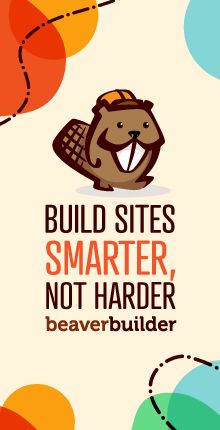
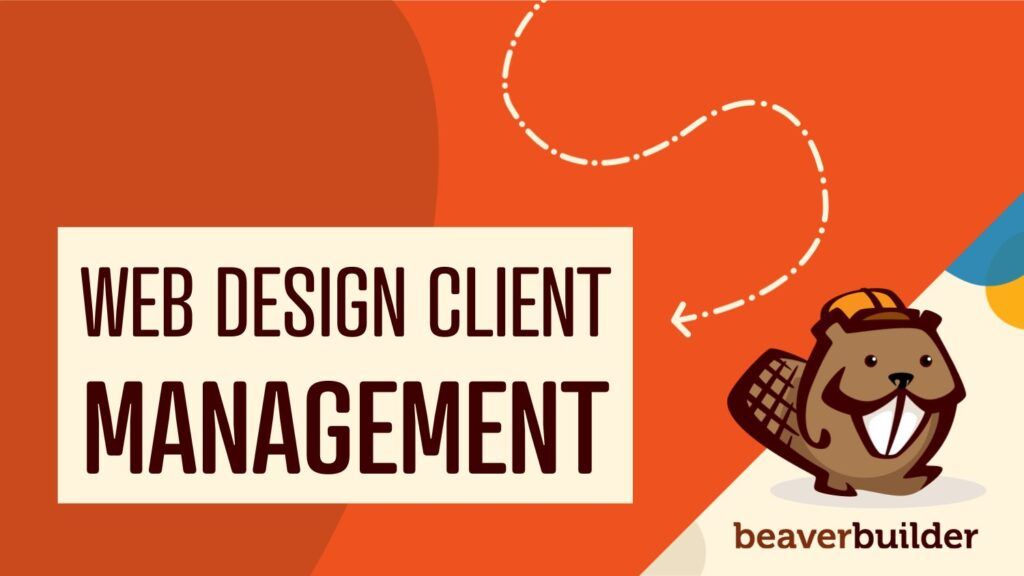
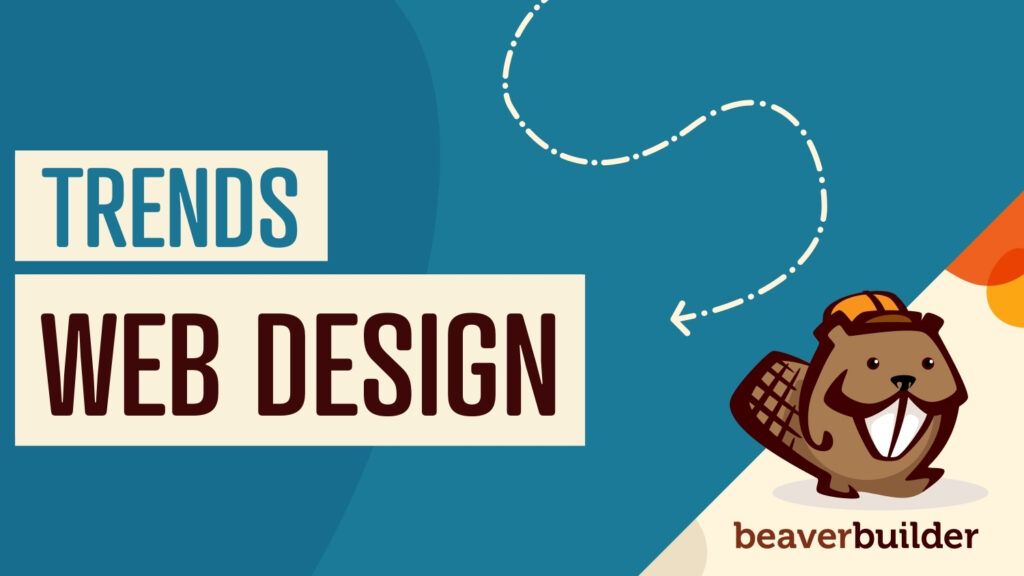
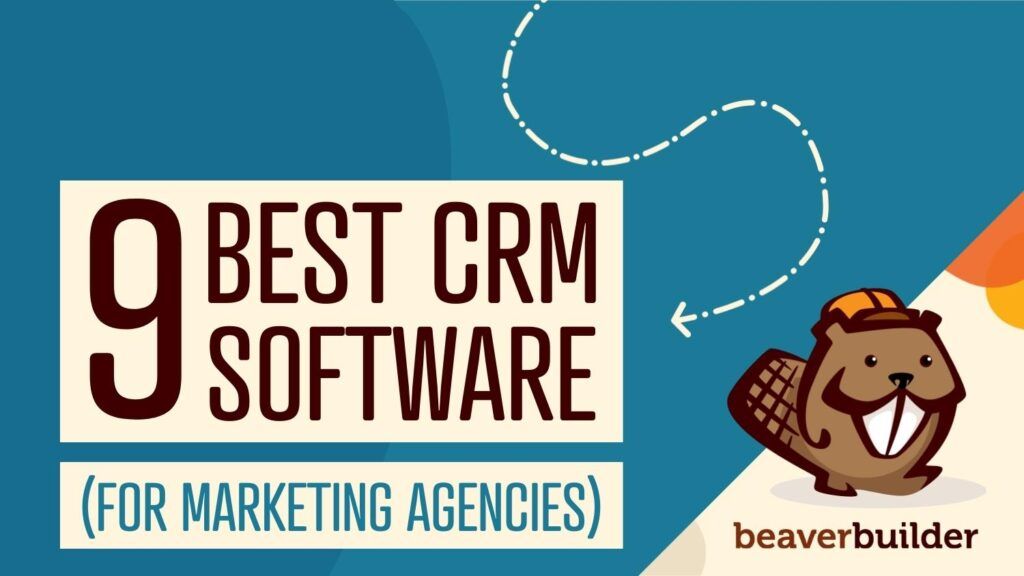
Thanks for sharing, friends! This was a great read.
Thanks, Micah!
Outstanding post. Thank you for sharing this and for introducing this incredibly talented and insightful lady. I am looking forward to listening to their podcast.
From my own mental health challenges I know how tough it is to get relief or even to just understand what is happening sometimes.
Having trusted resources and finding people willing to talk about mental health in a non-judgmental way can be even harder.
Thanks again.
I totally agree. In my case, I participated in a mastermind with a few peers and found it very helpful to have a few ears to vent to. I’m also fortunate to have a very supportive family that puts up with my incessant talking. 🙂
Wonderful one. Much needed for everyone. Thanks.
This really hits the spot with me right now. 2018 was a tough year, and I think a lot of that has been to do with spreading myself too thin, trying to please everyone and do everything. There is a cost.
Thanks for sharing this, it’s a timely reminder and has really made me think.
Guy, it sounds like you might really appreciate the ZenFound podcast I linked to (in the heading/question) about burnout. If you haven’t listened to that one yet, I found it wildly insightful and helpful. I know, I know…another thing to add to “the list,” but trust me on this one. 😉
Nowadays mental health stress is very common. The home office is disgusting things, it ruins me a lot.